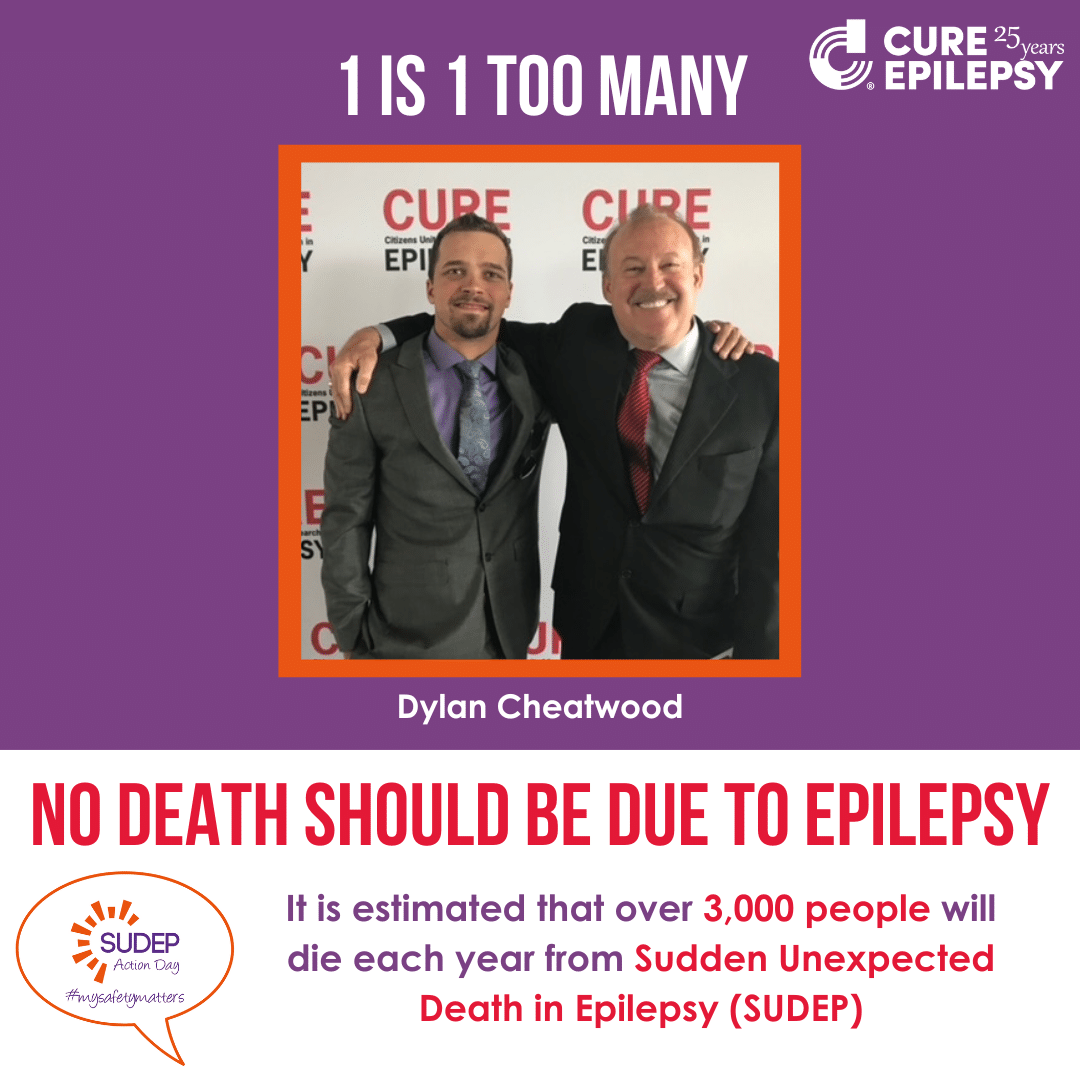Researcher Update: April 2023
April 13, 2023
In this Researcher Update you’ll find information on:
- CURE Epilepsy’s Frontiers in Research Seminar Series
- Partners Against Mortality in Epilepsy (PAME) Call for Abstracts
- A Free PAME Webinar: Sudden Death in Epilepsy (SUDEP): Common Misconceptions
- NIH Free, Virtual Conference: Ableism in Medicine and Clinical Research
CURE Epilepsy’s Frontiers in Research Seminar Series
The goal of CURE Epilepsy’s Frontiers in Research Seminar Series program is to expose researchers, clinicians, and students to exciting epilepsy research and provide opportunities for young investigators to interact with leaders in the field. CURE Epilepsy will provide $2,500 to each of the selected institutions to offset the costs associated with hosting a seminar. Apply for CURE Epilepsy’s Frontiers in Research Seminar Series by Wednesday, May 31, 2023.
Partners Against Mortality in Epilepsy (PAME) Call for Abstracts
The 7th Partners Against Mortality in Epilepsy (PAME) Conference will be held on Thursday, November 30, 2023, in Orlando, FL. This conference brings together healthcare providers, researchers, public health officials, patient advocates, caregivers, bereaved families, and people living with epilepsy to discuss topics related to mortality in epilepsy. Abstracts will be considered from all investigators doing epidemiological, basic, translational, or clinical research on any aspect of mortality in epilepsy. All accepted abstracts will be presented as posters at the PAME meeting.
A Free PAME Webinar: Sudden Death in Epilepsy (SUDEP): Common Misconceptions
Misunderstandings about SUDEP impact how providers discuss SUDEP risk, how researchers track and investigate the problem, how we think about prevention, and much more. Dr. Orrin Devinsky, a leader in SUDEP research, will challenge our thinking and help identify misunderstandings so we can more effectively study and prevent SUDEP. This one-hour webinar, to be held on Friday, April 28 at 1PM CT, is geared toward healthcare providers, researchers, people with epilepsy, and other interested parties.
NIH Free, Virtual Conference: Ableism in Medicine and Clinical Research
The National Center for Medical Rehabilitation Research (NCMRR) is holding a free, virtual conference on Ableism in Medicine and Clinical Research on April 27-28. This 2-day, virtual workshop focuses on awareness and research opportunities to mitigate the effect of “ableism”—defined by the American Psychological Association as prejudice and discrimination aimed at people with disabilities—in both clinical care and the biomedical and behavioral research enterprise.






